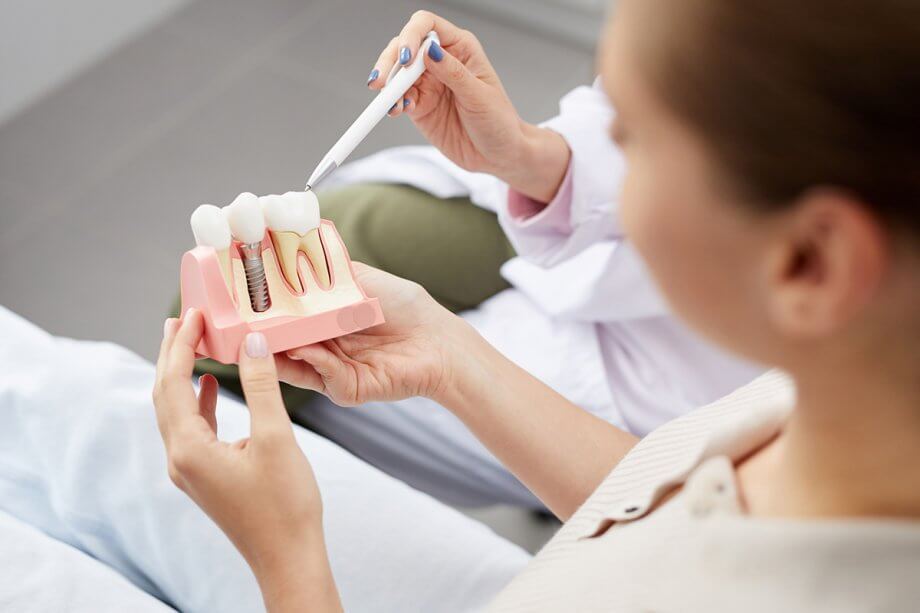A dental crown is commonly used to either restore an ailing tooth, correct any imperfections with your tooth, or even replace a missing tooth (as with a dental implant). They play many different roles in dentistry - and do so very successfully.
What is a Dental Crown?
Dental crowns (sometimes referred to as a cap) are often used to provide functionality and integrity to a tooth that has been jeopardized in some way. To find the perfect fit, impressions are taken and a crown will be customized to fit your tooth perfectly. It will physically fit to cover the tooth, plus match in shape, color, size, and contour - fitting well with your other teeth.
Dental crowns can be used in quite a few different ways, including:
- Creating a dental bridge
- Adding strength and integrity to the tooth
- Restoring a tooth that is broken or chipped
- Hiding discolorations or teeth that are poorly shaped
- Creating the tooth for a dental implant
Because they are able to function much like a real tooth and they have a natural appearance, dental crowns can restore your ability to chew while also boosting your oral health and transforming your smile. And, regardless of the type of crown you choose, most can last for a really long time.
A few common types of dental crowns include:
- Ceramic
- Porcelain fused to metal
- Gold alloys
- Base metal alloys
While ceramic dental crowns are the most commonly used crown and the most real in appearance, your dentist can discuss which would be the best option for your dental needs.
Caring for a Dental Crown
The average lifespan of a dental crown is about 10 to 15 years. How long it will truly last depends on how well it is cared for. For instance, if your oral hygiene routine is poor, you may find that your dental crown needs to be replaced within the first 5 years. However, if your oral hygiene is exceptional, don’t be surprised if your dental crown lasts upwards of 20 years!
So, just how do you adequately care for a dental crown?
First, you don’t want to use your teeth as a tool - such as for opening bottles or biting your nails. They have tools for each of those things without having to put your teeth at risk. Next, kick your tobacco addiction to the curb. It isn’t helping anyone.
Brush your teeth at least twice per day and thoroughly floss at least once. And make visiting your dentist for routine appointments a priority every 6 months.
Taking these steps to care for your dental crown - and ultimately your entire mouth - can help boost your overall oral health, too.
Dental (Tooth) Crowns at Arrowhead Dental Associates
If you are interested as to whether or not a dental crown may help restore the appearance or functionality of your tooth, then Arrowhead Dental Associates are here to help. We offer different types of dental crowns and provide a high level of quality and service to our patients.
To learn more or to schedule an appointment, contact us at 401-364-6300.

